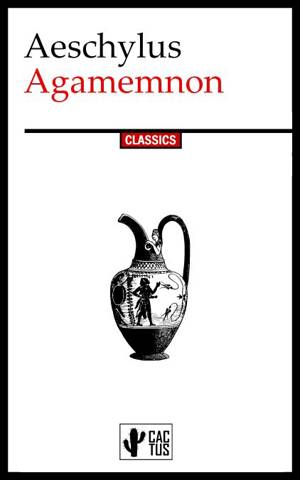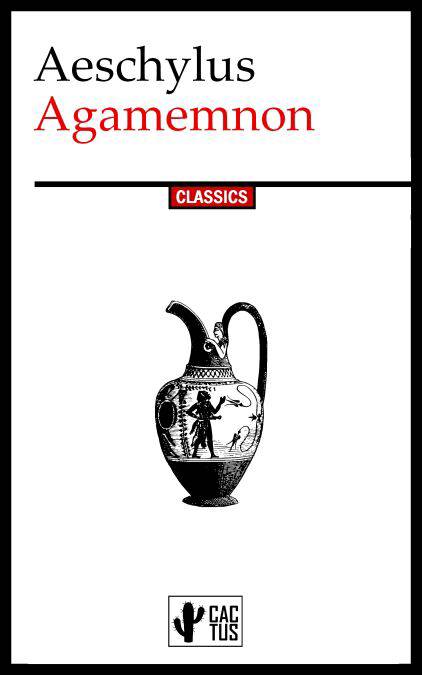
- Afhalen na 1 uur in een winkel met voorraad
- Gratis thuislevering in België vanaf € 30
- Ruim aanbod met 7 miljoen producten
- Afhalen na 1 uur in een winkel met voorraad
- Gratis thuislevering in België vanaf € 30
- Ruim aanbod met 7 miljoen producten
Zoeken
Omschrijving
Agamemnon, ruler of the polis of Argos, on leaving for the Trojan War had no favorable winds, so to propitiate himself to the gods he had sacrificed his daughter Iphigenia, a maiden of exceptional beauty. The winds then had begun to be propitious and the fleet had been able to sail to Troy. But Clytemnestra, his wife, meditates revenge for her daughter's sacrifice. When Agamemnon returns from the war, she thus convinces Aegisthus, her husband's cousin and her lover, to help her in the bloody undertaking. The first chapter of the Oresteia - it is in fact completed with The Libation Bearers and Eumenides - Aeschylus' Agamemnon vivisects the value heritage of ancient Greece to make it the battleground of the feelings of all humanity, beyond any attempt at temporal limitation. At the center of the tragedy is revenge. Revenge as a way to express feelings, but also revenge as damnation: for to every human action there is a reaction, Aeschylus seems to tell us, and this defines our responsibilities in the face of our own and others' pain.
Specificaties
Betrokkenen
- Auteur(s):
- Vertaler(s):
- Uitgeverij:
Inhoud
- Taal:
- Engels
- Reeks:
Eigenschappen
- Productcode (EAN):
- 9791256792641
- Verschijningsdatum:
- 3/11/2024
- Uitvoering:
- E-book
- Beveiligd met:
- Digital watermarking
- Formaat:
- ePub

Alleen bij Standaard Boekhandel
+ 1 punten op je klantenkaart van Standaard Boekhandel
Beoordelingen
We publiceren alleen reviews die voldoen aan de voorwaarden voor reviews. Bekijk onze voorwaarden voor reviews.











